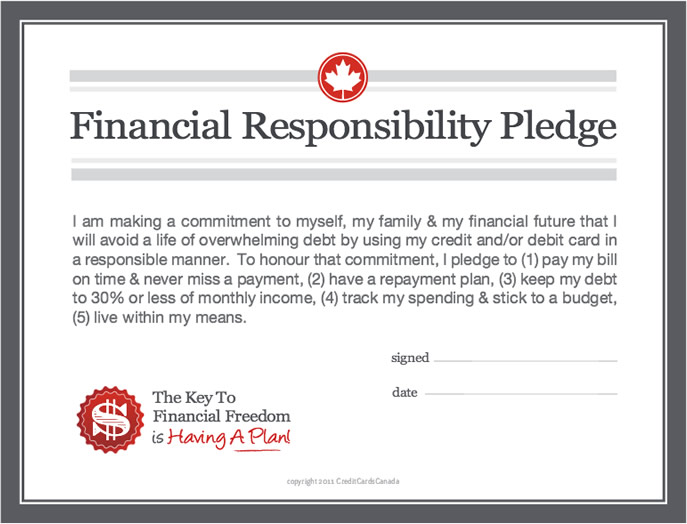10 Tips for Managing Credit Responsibly
When you first get a credit card, it can be tempting to rush out and spend. However, it is important to remember that credit, although it can help you make purchases that you might not otherwise be able to afford with cash (such as a home or a car), is not “free” money.

The way you use credit can impact your financial life, and even your ability to get other loans later. The key to having credit work for you is responsible management. Here are 10 tips for managing credit responsibly:
- Live within your means: This is the number one rule of successful personal finance, as well as credit management. Make sure that you can afford what you buy – even when you buy on credit. You want to be able to afford the loan payments, and before you buy anything with a credit card, save up for It so you can pay off the balance.
- Track your spending: Keep track of where you spend your money. This way, you will be less likely to overdraw your account. It’s also a good idea to track your credit card spending as well, so that you avoid going over your limit.
- Have a plan: You should have a plan for your money. You can even have a plan for your credit cards. Budgeting your money can help you pay your loans down faster, avoid carrying a credit card balance, and keep you out of debt.
- Make on time payments: The most important factor in your credit score is your payment history. If you miss payments, or are habitually late, that will be reflected in your score. This can mean added fees, a lower credit score, and higher interest rates when you apply for loans.
- Keep your debt level low: While you do need to borrow for some things, such as a home, car or education, it is important to try to borrow only what you need. Try to borrow as little as possible. Your total debt payments should be no more than 36% of your monthly income for a better credit score.
- Don’t close old accounts: Sometimes, it’s tempting to close an older credit account. However, the length of your credit history matters. A longer credit history can help your credit score, and help you appear more responsible. Part of good credit management is making sure that your score is improved upon.
- Have different types of credit accounts: One of the factors considered by lenders when it comes to your credit is the different types of accounts you have had in the past. A mix of revolving accounts and installment accounts is preferred. Installment accounts are those, like mortgages and car loans, show you can make a fixed payment over time (and do it on time). Revolving accounts, like credit cards, show that you can handle paying down your debt periodically, without going over your limit.
- Avoid certain loans: While some variety in credit accounts is desirable, there are certain loans that appear suspicious and negative when viewed by lenders. These loans include payday loans and car title loans. When possible, avoid these types of loans.
- Monitor your bank accounts: Monitor your bank accounts and credit card accounts. Reconcile your statements regularly to make sure your records match. You can also check your accounts online to catch fraudulent charges sooner.
- Check your credit report regularly and fix mistakes: Managing your credit effectively requires that you keep up with what is happening in your credit file. You are entitled to a free copy of your credit report when you write in under certain conditions. Make sure that there are no fraudulent accounts, and that errors are fixed. Inaccuracies can lead to lower credit.




